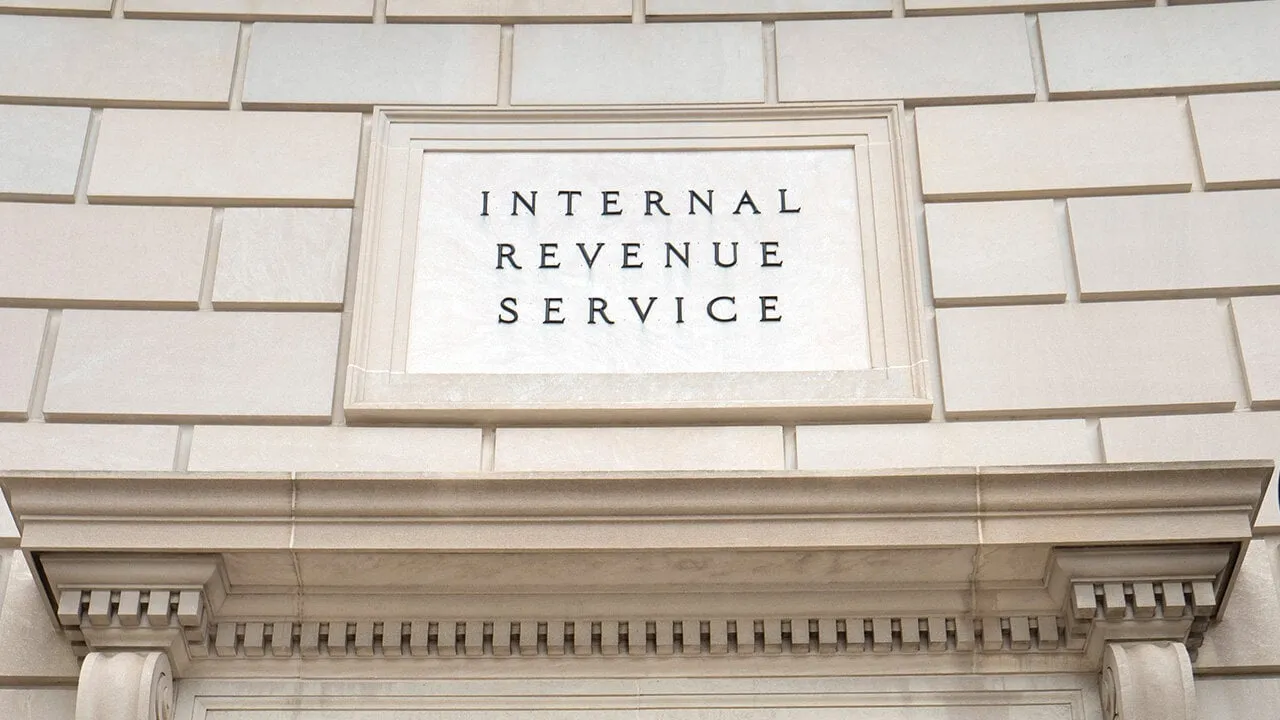Community banks in Montana and Texas received enforcement orders from the Federal Reserve Wednesday, the former for violations of the National Flood Insurance Act and the latter for violations of the Bank Secrecy Act.
Billings, Montana-based First Interstate Bank must pay $70,000 to the National Flood Insurance Program for repeated violations of the NFIA, which requires properties in designated flood zones to have proper insurance and requires banks to keep tabs that the properties they lend against are protected. Each infraction could result in a fine of up to $2,000, according to the order.
The enforcement comes amid First Interstate’s search for a new chief executive. CEO Kevin Riley announced his intention to step down in June.
The Fed hit Dallas, Texas-based United Texas Bank with a cease-and-desist over money laundering issues , backing up the Texas Department of Banking, which also signed on to the order.
An examination of United Texas by the Fed and the TDB found “significant deficiencies” in the bank’s risk management and compliance systems in its dealings with “foreign correspondent banking and virtual currency customers.”
In response to the cease-and-desist, United Texas will revamp its AML oversight and corporate governance practices, as well as its customer due diligence practices and monitoring and reporting of suspicious activities. A written plan must be submitted to regulators within 60 days.
Dan Spuller, head of affairs at crypto lobbying group Blockchain Association, posted on social media site X that the enforcement order against United Texas was the continuation of Operation Chokepoint 2.0, the alleged coordinated crackdown on crypto firms by the Biden administration. Layoffs at another crypto-friendly bank earlier this week, Custodia, also credited the alleged operation.
Head of legal at crypto compliance firm AMLBot Niko Demchuk told Decrypt that enforcement orders like the one United Texas received have consequences that extend beyond the bank in question. “[E]ach cease and desist order plays a significant role in the market,” he said, according to Decrypt.
“Other banks will try to gain more insights and details on what exactly was not in compliance with current AML regulations to improve their own internal AML processes,” Demchuk said. “The mention of crypto assets will alert other banks dealing with crypto assets to review their risk management systems, ensuring that all risks are considered and mitigated.”
The enforcement orders against the banks didn’t detail what exactly spurred the enforcement actions, and t he Fed declined to comment beyond the press release and associated orders.
The banks did not immediately respond to requests for comment.
This story was originally published on Banking Dive . To receive daily news and insights, subscribe to our free daily Banking Dive newsletter .
Recommended Reading






